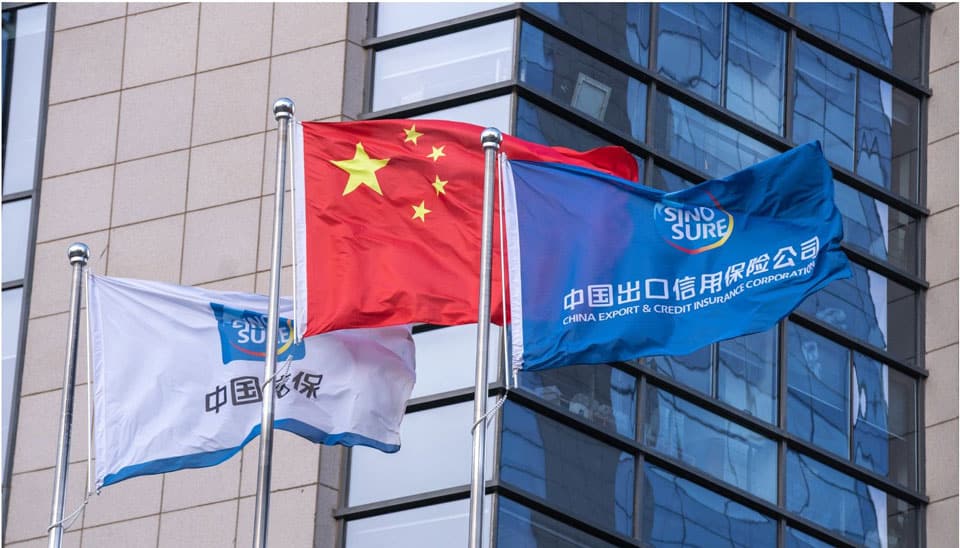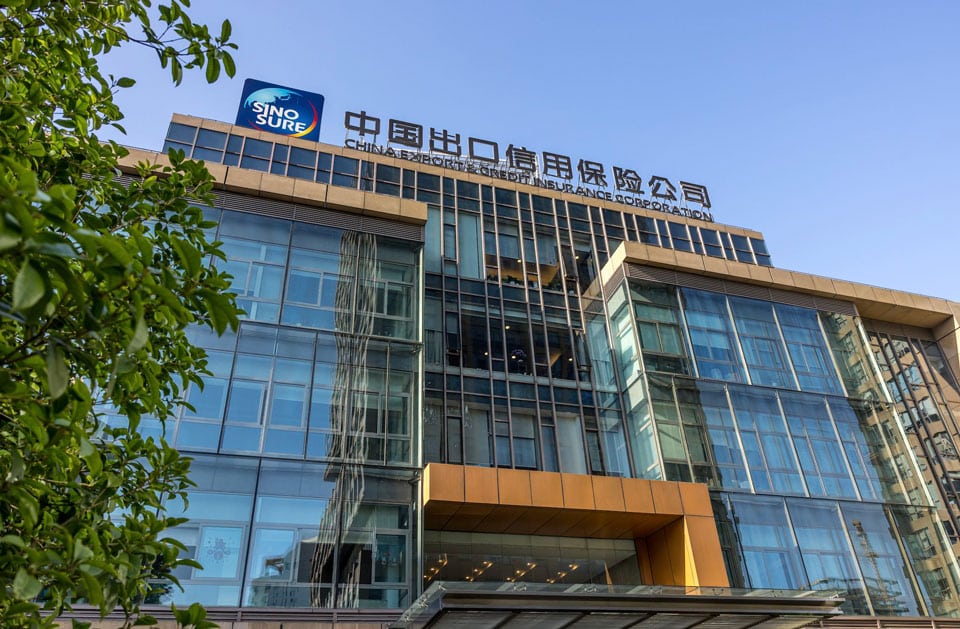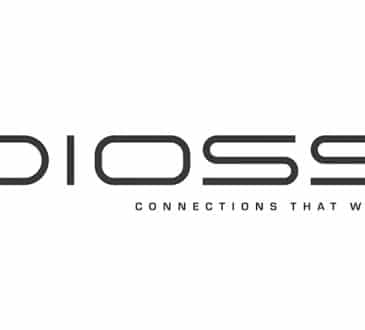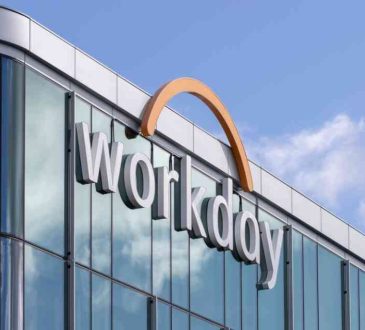Sinosure Can Help Importers Grow Their Business with China, but Doing it Right Means Making a Paradigm Shift

If you’re involved in the import business, you’re likely aware of at least some of the problems involved in securing financing for orders. These problems are endemic to the business: importers often lack the assets – like real estate or equipment – that lenders require for collateral. And major lenders won’t accept in-transit shipments of goods as collateral.
This is no less a problem among the many and growing numbers of importers who buy from suppliers in China. By default, a Chinese supplier will require upfront payment for their orders. A deposit may be enough to have the goods produced, but only payment in full will ensure that they are shipped.
This puts serious constraints on an import business. In essence, importers are limited to the orders they can pay for with their working capital. The obvious solution is to secure trade credit from your supplier, but that’s often easier said than done. Many suppliers in China are hesitant to extend credit to a buyer abroad, especially if they don’t have a long history of trading with that buyer.
The Sinosure solution
Hence the existence of Sinosure. This is the commonly used name for China Export & Credit Insurance Corporation, the state-owned trade credit insurance agency. Sinosure was set up specifically to address the tricky problem of trade credit. It allows importers outside China to negotiate deferred payment terms with their suppliers by insuring their trade contracts.
With a Sinosure policy, Chinese exporters gain the security they need to extend credit to their foreign buyers, and those foreign buyers are able to grow their business thanks to the deferred payments that allow them to escape the constraints of their working capital.
To have their orders insured, importers will need to obtain a Sinosure credit limit. Doing this isn’t straightforward. Sinosure doesn’t work with importers outside China, so the importer will need to hire the help of a consultancy that can act as an intermediary between themselves and Sinosure.
Once Sinosure has carried out a credit investigation, it will assign the importer a credit limit – the maximum amount that the importer’s orders can be insured for by Sinosure. The exporter then obtains an insurance policy from Sinosure, if they don’t already have one, and registers their contract with the importer at Sinosure. With the credit limit and the insurance policy in place, the buyer and the seller can negotiate credit payment terms.
Finding the right supplier
But what if the supplier is reluctant or unable to extend credit, for instance because they don’t have the cash flow?
In this instance, the buyer will often give up on financing, and either pay out of pocket up front, or – if their money is already tied up in existing orders – move on in search of another supplier. The problem with that, of course, is that this is a major expense – the time the importer invested in seeking out this supplier and negotiating with them was wasted, and now they’re back to square one.
What’s really needed in a situation like this is a paradigm shift, in terms of how importers view their business.
What is an import business, really?
Let’s examine, for a moment, where the value lies in an import business.
Manufacturers add value by creating products – developing and producing them. Their value lies in their design and engineering, in the quality of product they can produce, and in the efficiency of their production process. But importers are different. Their value comes from sourcing goods – finding a supplier, negotiating the best price possible, controlling for quality, timing purchase orders properly – and from arranging the logistics and distribution of those goods. And the single most important aspect of their business is financing these orders.
Which is why it makes sense to think of importers as a kind of service, as businesses who provide their customers with supplier sourcing, financing and logistics for imported goods. This is why, for example, large retailers like Walmart largely don’t do their own importing – for the most part, they leave that to their suppliers, i.e., to the import experts.
Hence, the cornerstone of the import business is financing, and without financing, it’s very difficult, if not impossible, for an import business to grow.
A new paradigm
So we believe that a paradigm shift is in order. The existing paradigm in the import business is:
- Find a supplier
- Agree on quality and prices
- Secure financing
When, in fact, the paradigm should look like this:
- First, secure avenues of financing (i.e., secure a Sinosure credit limit or accreditation)
- Include a Sinosure insurance policy as one of the criteria when choosing a supplier
- Find a supplier that has a Sinosure insurance policy, is ready to negotiate credit terms, and meets price and quality requirements
Regardless of what you’re importing, there are likely countless suppliers in China who can fulfill your order. One supplier can be replaced by another, but what can’t be replaced is the Sinosure insurance policy. For this reason, Sinosure should be a foundational aspect of your import business.
Once you’ve done this, as an importer, you’re likely to see your business become more efficient, and your orders grow, as you will have eliminated suppliers who keep you constrained to your existing working capital.
When importers begin to think of themselves as being in the supply chain and trade finance business, it ensures that they prioritize those suppliers who can help their business grow. That’s not just good for the importers in question, it’s good for trade – and the economy – as a whole.
Have you read?
The highest-paid tech CEOs in the United States.
Highest-Paid Biopharmaceutical CEOs in the United States.
Executive Pay: Top 8 Highest-Paid Hotel CEOs.
Openly LGBTQ CEOs at the helm of major global companies.
Top countries that admire their CEOs and other C-suite leadership teams the most.
Top Women CEOs of America’s largest public companies (2023 List).
Ready to join the CEOWORLD magazine Executive Council– Find out if you are eligible to apply.
Add CEOWORLD magazine to your Google News feed.
Follow CEOWORLD magazine headlines on: Google News, LinkedIn, Twitter, and Facebook.
Copyright 2024 The CEOWORLD magazine. All rights reserved. This material (and any extract from it) must not be copied, redistributed or placed on any website, without CEOWORLD magazine' prior written consent. For media queries, please contact: info@ceoworld.biz









